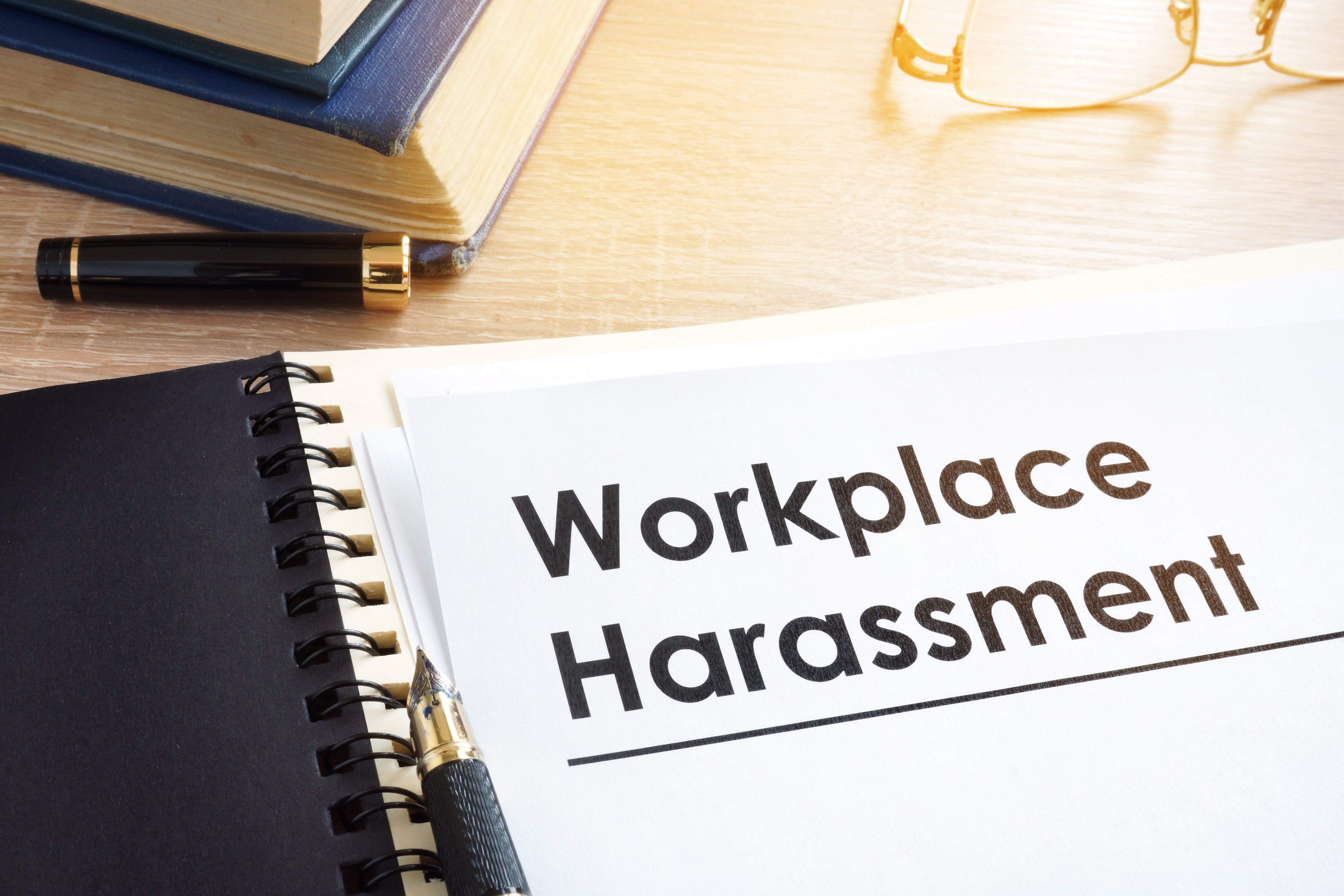Addressing Sexual Harassment In The #MeToo Era, Part 3
The #MeToo movement has brought to light allegations of misconduct by members of countless industries. As a result, in workplaces and on social media, we’re beginning to discuss in earnest what constitutes workplace harassment and employers’ obligations to combat it. In the third installment of this four-part series from Vedder Price’s Amy Bess and Sadina Montani, the authors discuss what happens when the alleged harasser is the “star” of an organization and if there are special steps to be taken.
with co-author Sadina Montani
Is there anyone in an organization who is truly too important to lose?
As we have observed with startling frequency, a surprising number of very successful people recently have been brought down by revelations of their sexually harassing behavior. When the alleged harasser is the public face of an organization, a top sales generator, a big law firm rainmaker or a C-Suite leader, employers often start with a presumption that the benefits of protecting their “star” outweigh the costs to the organization of losing his or her contributions. But is that an accurate assumption?
As a threshold matter, almost every organization has its own brand of “superstar” who is viewed as mission critical. It is this perception that often leads to an organization (and the individual) to label the superstar as “untouchable.” The superstar could be a rainmaker at a law firm, a top sales generator, or the Executive Director of a non-profit but really no organization or industry is exempt from this analysis.
There is a widespread misimpression that protecting top performers in the face of wrongdoing (be it sexual harassment or other bullying or abusive behavior) is necessary to avoid losing important business, contacts, or industry reputation to which the superstar is key. In fact, many organizations view protecting their superstars as simply a critical cost of doing business. But the notion that the revenue an organization may lose if it parts ways with a superstar harasser justifies keeping the harasser is flat out wrong. In fact, the risks to an organization that retains a known harasser – particularly a high profile, powerful harasser – are significant and so, too, are the benefits of removing a harasser or otherwise toxic employee from the workplace.
A recent Harvard Business School study examined the impact of toxic employees (including those engaged in sexual harassment or other abusive conduct) on the overall profitability of eleven global companies. This study found that removing a high-performing, but toxic and/or harassing employee can save an employer more than twice as much compared to the otherwise increased productivity or revenue the organization could realize by keeping the superstar on board.
Superstar harassers are particularly harmful to organizations not only because they tend to believe their status entitles them to circumvent the rules, but also because they often wield the power to instill fear of retaliation in the targets of their harassment. This fear often leads to a climate of silence and oppression where victims fail to report the abusive conduct and the bad behavior is perpetuated. Consider the women who recently came forward to disclose the harassment (and worse) suffered at the hands of Harvey Weinstein. Only when the power dynamics shifted, Weinstein’s star had begun to fade, and the fear of retaliation less of a barrier, did the accusers become powerful industry leaders in their own right.
Of course, accusations against a superstar harasser are more likely to warrant public attention, either in social media or the traditional media. Add the public relations risks to the legal risks and workplace productivity costs, and the true costs of enabling and retaining a superstar harasser start to multiply.
Organizations also must bear in mind that the higher the harasser’s position in the organization, the more likely there exists a duty to disclose allegations of harassment and settlement agreements to a Board of Directors and, if publicly-held, to investors. 21st Century Fox, for example, is facing intense scrutiny regarding whether it had an obligation to disclose to investors the approximately $13 million in settlements paid to women who had alleged sexual harassment by Bill O’Reilly. If the amount of the Company’s settlement payments – or the severity of the alleged behavior – are sufficiently material to impact investors’ views of the value of the Company, it has an obligation to disclose.
Our prior two articles discussed workplace harassment investigation techniques generally, including how to balance the need for a prompt, thorough investigation with the rights of the employee accused of harassment. When the accused harasser holds a powerful position within the organization, the investigative process is even more critical. To start, while the alleged harasser may have the power to influence the course of the investigation, the integrity of the investigation requires that he or she not be allowed to do so. In fact, a dedicated leader would want an investigation into his or her alleged actions to follow the same rules and procedures as any investigation conducted by the organization. Second, when a high-profile employee is the accused harasser, the likelihood that the details of the investigation will be known widely within (or outside of) the organization increases. The investigation thus should be conducted as though the process will be dissected on the front page of the New York Times, since these days it just might.
The bottom line is that if an organization fails to deal aggressively with issues of sexual harassment simply because the accused harasser is a superstar performer who is perceived to be too valuable to lose, the financial, legal and reputational impact to the organization could far outweigh any benefit that retaining the superstar might reap. Organizations should carefully consider the long-term costs of retaining a known harasser – albeit a “superstar” – because overlooking the potential impact could be perilous.













